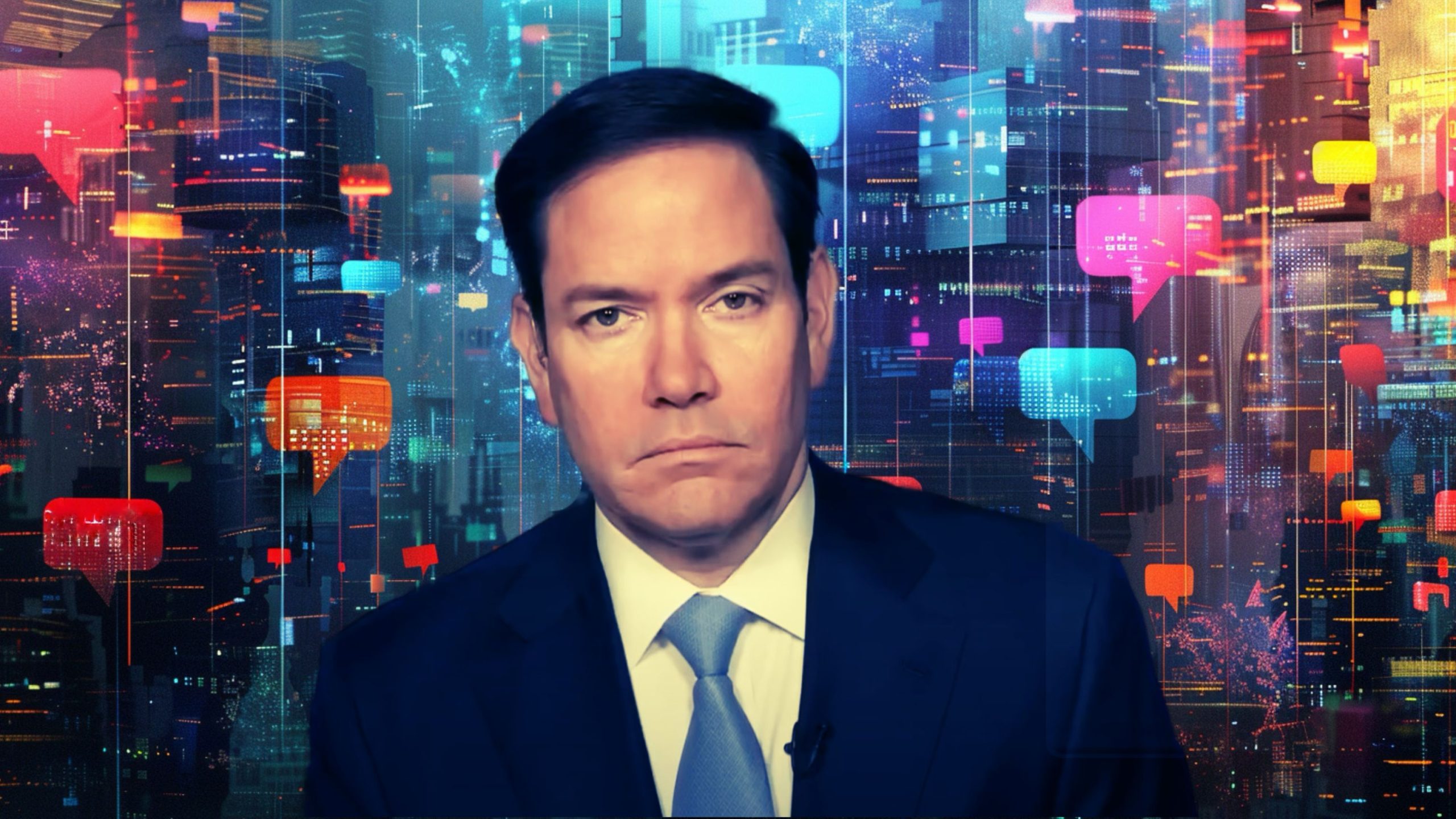A stunning revelation by Secretary of State Marco Rubio has ignited fresh concerns about free speech and government overreach, raising red flags for anyone concerned about the growing encroachment of federal power into the world of public discourse.
During a cabinet meeting convened by President Trump on Wednesday, the tone shifted from triumph to alarm when Rubio disclosed that a State Department office, under the Biden administration, had actively compiled dossiers on American citizens.
These dossiers were reportedly designed to flag individuals as sources of so-called “disinformation” based on their social media activity; effectively transforming government resources into surveillance tools aimed at silencing dissent.
“We had an office in the Department of State whose job it was to censor Americans,” Rubio stated bluntly.
While the meeting began as a platform to highlight the Trump administration’s stance on key issues like border control and economic revitalization, Rubio’s announcement quickly shifted the focus. He revealed that one of the individuals targeted by this surveillance effort was actually present at the meeting.
“And by the way, there is at least one person at this table today who had a dossier on them in that building of social media posts to identify them as purveyors of disinformation,” Rubio said. “We are going to be turning over these dossiers to these individuals.”
Vice President JD Vance reacted with sarcasm, suggesting with a smile, “Was it me or Elon Musk?” His quip drew laughter from others in the room, but the gravity of Rubio’s warning quickly reasserted itself.
“But just think about it,” Rubio pressed on. “The Department of State had set up an office to monitor the social media posts and commentary of American citizens. We know the best way to combat misinformation is freedom of speech and transparency.”
His remarks cast a spotlight on the Global Engagement Center (GEC), the now-defunct entity that began as a bipartisan initiative to expose foreign propaganda.
While originally intended to counter state-sponsored disinformation from adversarial nations like China, Russia, and Iran, Republican lawmakers have long warned that the GEC veered off course, shifting its focus inward toward domestic voices that challenge prevailing narratives.
Rubio declined to name the individual targeted, instead allowing them the choice of whether to disclose their identity publicly.
However, his comments confirm that the federal government compiled internal files cataloging the online activity of at least one prominent figure connected to the Trump administration.
The State Department’s GEC, for its part, had recently released reports detailing how authoritarian regimes export propaganda and manipulate global information channels.
But Rubio’s comments suggest the government’s hand may not have been confined to foreign threats.
Whether these revelations will lead to meaningful accountability remains uncertain.
But the existence of government dossiers on American citizens’ social media activity represents a chilling intrusion into constitutionally protected speech, one that demands immediate scrutiny, not justification.
The question now is not just who authorized this operation, but how deeply it ran and whether the apparatus of state power has been quietly repurposed to monitor, and marginalize, dissenting voices at home.










